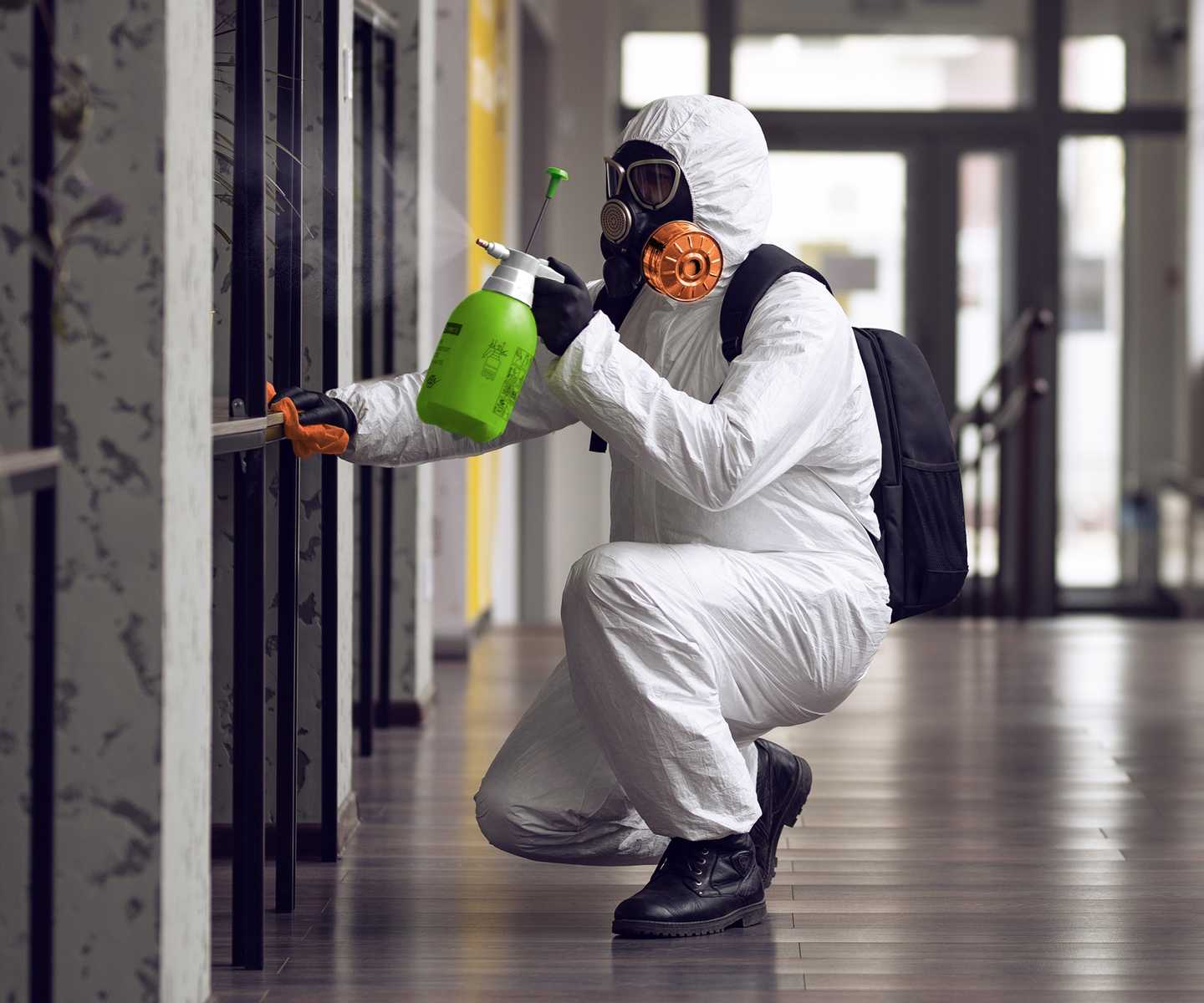1. Check the company's credentials and certifications
When you need to hire a mold remediation company, it’s important to make sure you research their credentials and certifications. It’s vital that the company you hire is licensed and certified by a reputable organization. Doing so will give you peace of mind that you are dealing with a professional and qualified mold remediation company. Ask to see their license, certifications, and any other credentials that prove their qualifications. It’s also a good idea to ask for references from previous clients and read reviews online. This will give you a better understanding of the company’s work and reputation.
2. Ask for references and reviews
When it comes to finding the right mold remediation company, asking for references and reviews is an important step. Speak with past clients and ask them about their experience with the company. Ask questions such as if they were satisfied with the job, if the work was completed on time, and if they would recommend the company to others. Look online for reviews and ratings, as well as any complaints. This way, you can get an idea of the quality of service you can expect from the company you’re considering.
3. Make sure the company is licensed and insured
When considering a mold remediation company, it’s important to make sure that the company is licensed and insured. It’s important to ensure that the company is legally allowed to work in your area, and that they have the necessary insurance in case of any accidental damages or personal injury. Furthermore, if the company isn't licensed or insured, then any warranties they offer may be void. A licensed and insured company also gives you the peace of mind of knowing that in case of any problems, you have a reliable and trusted partner to turn to.
Hiring a mold remediation company to handle your mold problem can be a daunting task. However, by knowing the questions to ask and following the guidelines laid out in this blog post, you can find the right company for the job. You can trust that they will be well-equipped with the necessary knowledge and equipment to take on your mold problem and get your home back to a healthy, mold-free environment.

Comments
Post a Comment